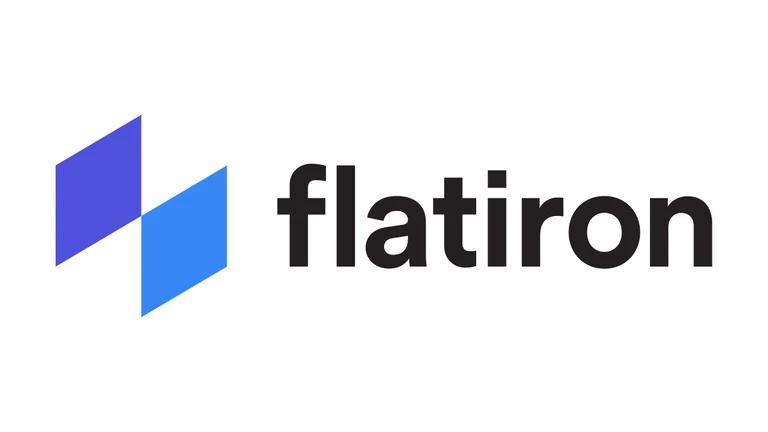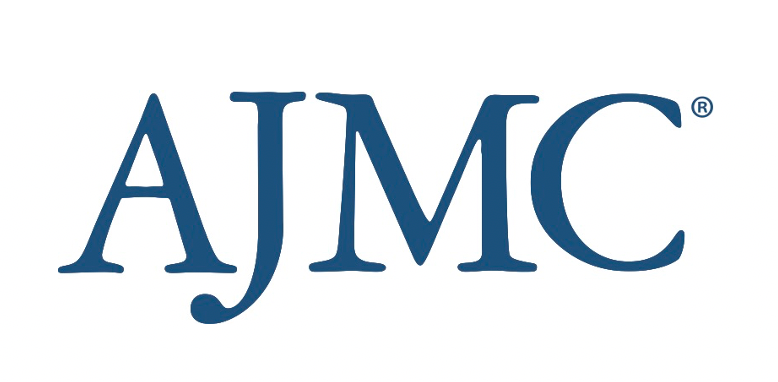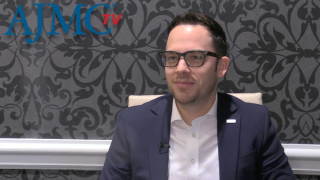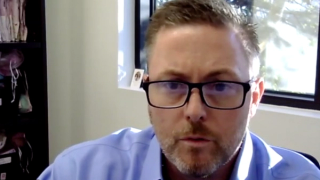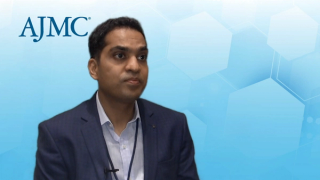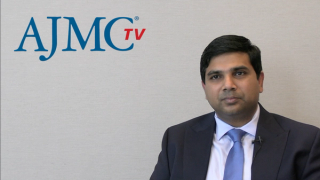
Oncology
Latest News
Latest Videos

CME Content
More News

An Institute for Value-Based Medicine regional event in Houston, Texas, covered inconsistencies with the integration of precision medicine in oncology practices, the evolution of treatment for multiple myeloma, and more.

FDA approves the first subcutaneous version of nivolumab, making PD-1 inhibitors available to new groups of patients.
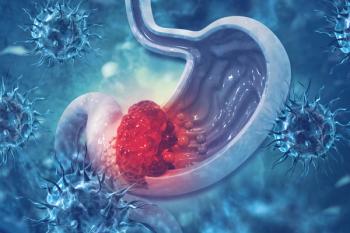
Tislelizumab-jsgr (Tevimbra) was approved in combination with chemotherapy for the treatment of unresectable or metastatic HER2-negative (HER–) gastric or gastroesophageal junction adenocarcinoma (G/GEJ) in adults whose tumors express PD-L1.
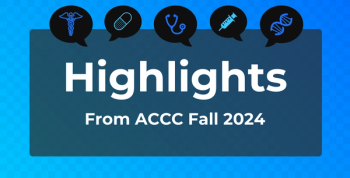
Top content from the Association of Cancer Care Centers (ACCC) fall conference included topics on patient participation, new cancer care programs, prior authorization processing, and more.
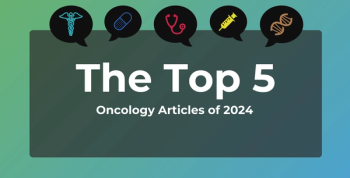
This year’s most-read oncology content of 2024 includes topics on clinical trials, drug access, vaping and lung cancer, and more!
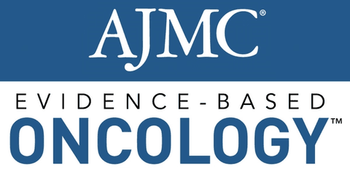
Prior authorization, PBM reform, and payment for patient navigation were topics of the most popular articles in EBO in 2024.

Top coverage from the 2024 American Society of Clinical Oncology (ASCO) annual meeting included research topics in non-small cell lung cancer (NSCLC), multiple myeloma, metastatic colorectal cancer (mCRC), and more.
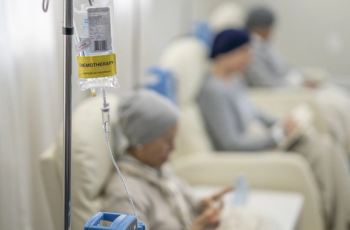
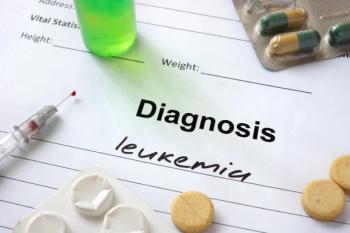
Two posters presented at the 2024 American Society of Hematology meeting evaluated overall survival and cost-offset of covalent Bruton’s tyrosine kinase inhibitors (cBTKis) in patients with chronic lymphocytic leukemia (CLL).
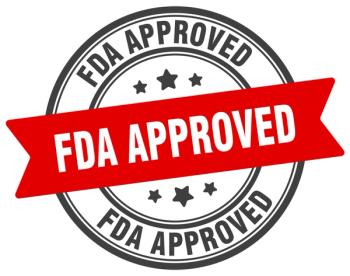
The FDA has approved cosibelimab-ipdl for the treatment of adults with metastatic or locally advanced cutaneous squamous cell carcinoma who are not candidates for curative surgery or radiation.

The Community Oncology Alliance (COA) meetings featured expert discussions around the evolving landscape of oncology care and health care reform.

Multicancer early detection testing results in extended life-years and reduced cancer treatment costs through earlier diagnosis, leading to a cost-effective option in cancer screening.
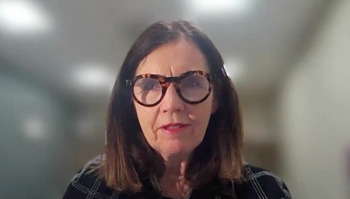
Kara Kelly, MD, chair of pediatrics, Roswell Park Oishei Children's Cancer and Blood Disorders Program, member of the Lymphoma Research Foundation’s Scientific Advisory Board, shares findings on innovative strategies to improve access to new therapies in pediatric cancer.
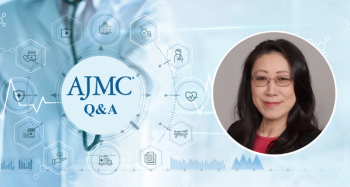
Sophia Humphreys, PharmD, MHA, BCBBS, a practicing pharmacist and health system director at Sutter Health, discussed the decision-making process for selecting between fixed-duration options and continuous Bruton tyrosine kinase inhibitor (BTKi) therapy for patients with chronic lymphocytic leukemia (CLL).

Insurance hurdles worsen delays, force abandoned treatments, and result in hospitalizations and deaths, radiation oncologists report nationwide.

Our top content from the Spring Association of Cancer Care Centers (ACCC) Annual Meeting & Cancer Center Business Summit featured topics on health care worker retention, advancements in precision medicine, and more!
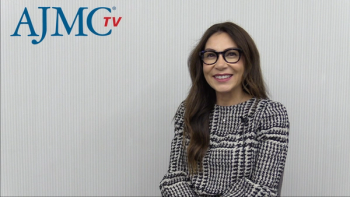
Sandra Cuellar, PharmD, from the University of Illinois Chicago, highlights the critical role of real-world data in shaping reimbursement models for oncology therapies and emphasizes the growing importance of patient-centered care through shared decision-making, precision medicine, and patient-reported outcomes.

Currently, chemotherapy remains a common treatment for biliary tract cancers, which have a limited survival rate.
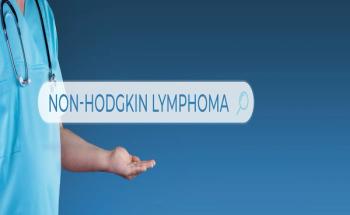
Investigators say they may have found a new therapeutic target for patients with double-expressor diffuse large B-cell lymphoma (DLBCL).
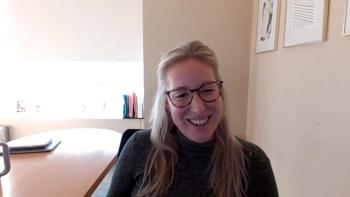
Kasey Bond, MPH, of Perlmutter Cancer Center at NYU Langone Health, speaks to why it’s vital to keep patients at the center of all strategic partnerships between academic institutions and community-based oncology practices.
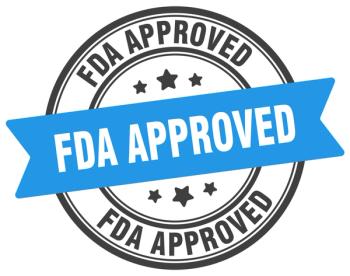
The FDA has granted approval to Azurity Pharmaceuticals' nilotinib tablets (Danziten), a novel version of the tyrosine kinase inhibitor for chronic myeloid leukemia that can be taken without mealtime restrictions.
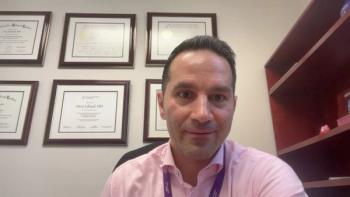
In this clip from our interview with Oscar B. Lahoud, MD, cochair of our Institute for Value-Based Medicine® evening hosted with NYU Langone Health, he addressed medical mistrust in underrepresented communities.

Care delivery innovations to help patients with cancer avoid emergency department visits are underused. The authors interviewed English- and Spanish-preferring patients at 2 diverse health systems to understand why.
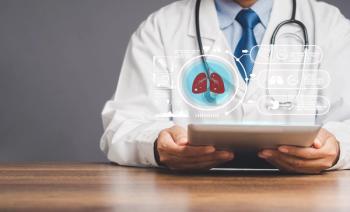
Rituximab-induced interstitial lung disease in patients with non-Hodgkin lymphoma presents with distinct clinical characteristics and bronchoalveolar lavage results.

The American Journal of Managed Care® and Vanderbilt University Medical Center partnered on a recent Institute for Value-Based Medicine® event, which had the theme, “Bringing the Future to the Present in Cancer Care.”
